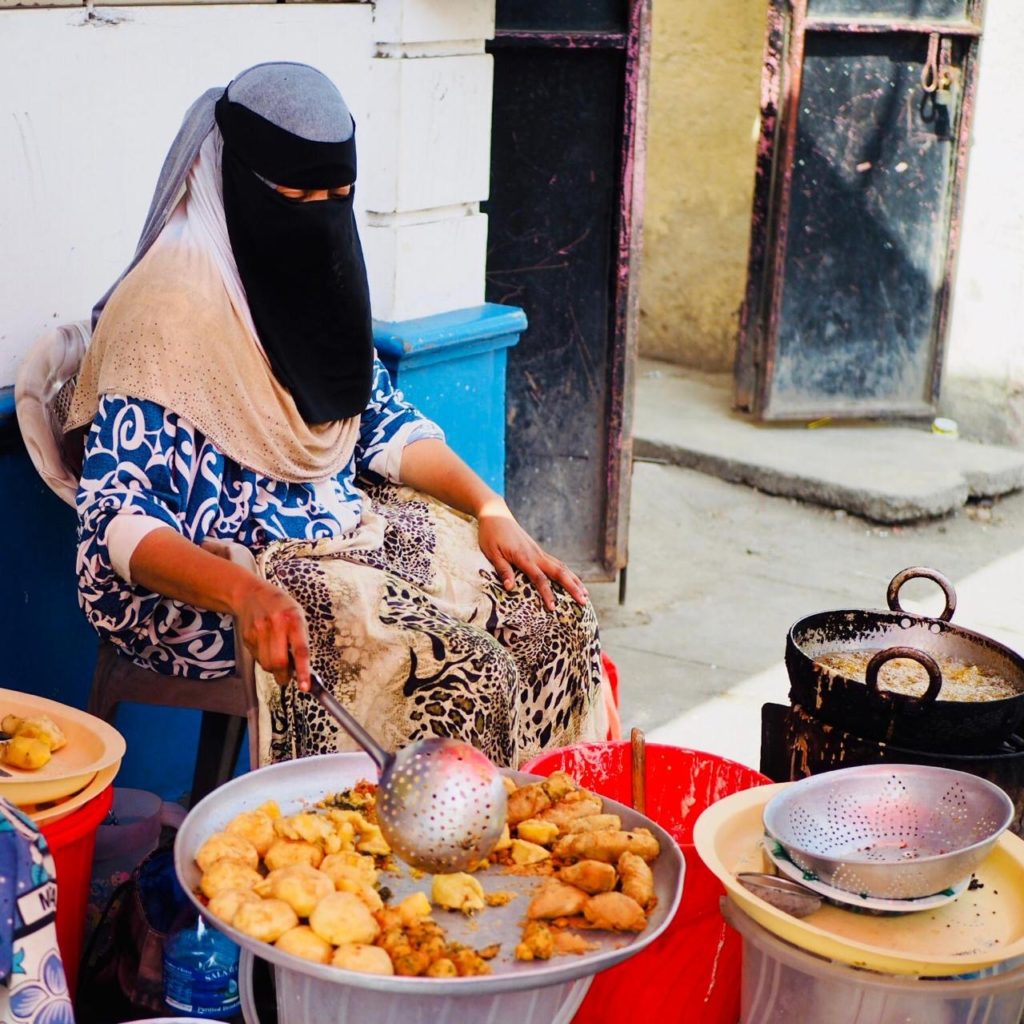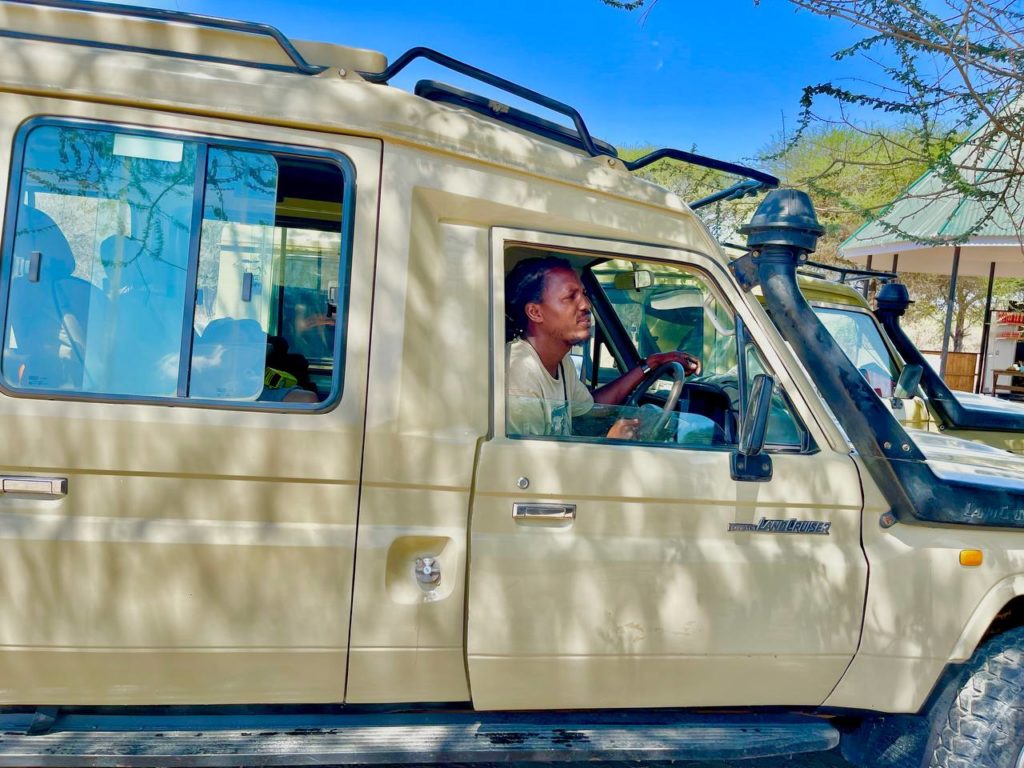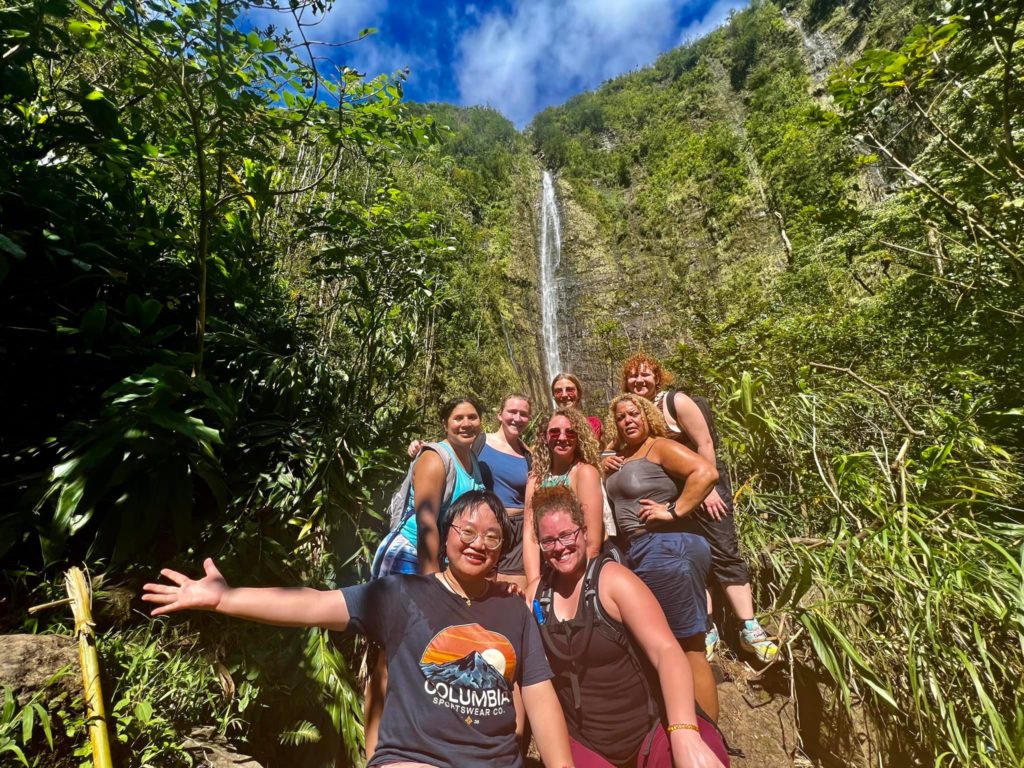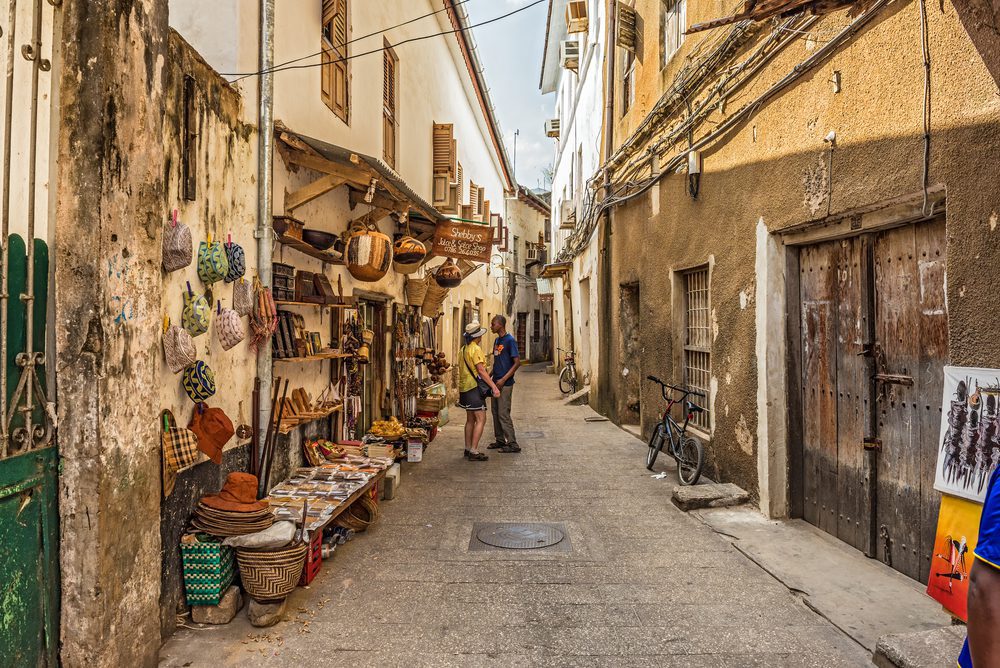Overall, Tanzania is a safe, hassle-free country.
Tanzania is a pretty safe country for visitors, which is one of the reasons we chose to develop trips there. We discuss with you the safety of Tanzania as a whole, malaria, Covid-19, and the safety of cities and towns, Zanzibar, Kilimanjaro and game parks.

That said, you should, of course, take the usual precautions. We’re talking avoiding isolated areas, like empty stretches of beach. If you plan to go strolling along the beachfront, away from security, leave your valuables, money and cellphone in your hotel room. To capture the stunning views, bring along a cheap camera. That way, if something happens to it, you aren’t devastated by the loss.
But to give you greater confidence to plan a trip to this gorgeous East African nation, let’s answer a few more questions you have, from general questions on safety in Tanzania to more specific ones like the safety of going on a safari …
Is Tanzania a safe country?
Yes, Tanzania is a reasonably safe country. In fact, it’s regarded as one of the safest African countries, both for locals and tourists.
According to the 2019 Global Peace Index, Tanzania is the seventh safest country in Africa.
Most tourism hotspots are extremely safe
As is the case in many countries, there are a few regions within Tanzania’s borders that occasionally experience some trouble. These are best avoided to ensure you don’t run into issues.
The good news is that tourist hotspots like Mt Kilimanjaro and the famous Northern Circuit game parks (which include Serengeti National Park) are extremely safe.
The Zanzibar archipelago, off the east coast of the country, is a touch less safe. It’s had some crime and terrorism incidents over the years, though not enough for us to consider it a no-go area. The best thing here would be to stay at a good establishment and discuss each day’s plans with the manager before heading out to ask for tips, advice and any relevant updates.
We provide more detail on the safety of each of these locations in just a minute.
Common sense safety guidelines
Of course, no matter where you travel to you should always be sensible. We suggest following the same sorts of guidelines you’d follow anywhere else in the world, especially if travelling on your own (versus with a tour operator). For instance:
- avoid deserted stretches of beach and other isolated places
- take a taxi at night instead of walking
- don’t show off your valuables or leave them in an empty vehicle.
Also, when on safari, don’t try to cuddle a baboon, ride an ostrich, or feed the crocs grapes! (But seriously, no selfies with the wildlife.) Be sensible, stay inside the 4×4, and always, always listen to your safari guide’s instructions and advice.
Safety and security on safari
A safari is only dangerous if you don’t know what you’re doing. And here we’re talking about the wildlife, not people.
The best way to stay safe on a safari is to travel with a reputable tour operator like Moja Africa Experience Tours and Travel company. In this way you have a tour guide with you at all times, advising you not to pet the lions or swim in croc-infested rivers. Your tour guide also has the right vehicle and knows how to avoid annoying muddy breakdowns.
It really is wise to go on safari with a trained safari driver and guide, not only from a safety point of view, but also to better spot animals and learn about what you’re seeing.

Safety and security in Zanzibar
Zanzibar is a decently safe place for tourists at present, though it’s one of those regions where you should keep an eye on the news to see how things are developing.
Two things to note: be aware of pickpockets in Stone Town, and we don’t recommend sailing too far from shore, as the waters of East Africa are troubled by pirates. Water sports close to shore, however, like kitesurfing, are perfectly fine.
Your biggest danger in Zanzibar is probably neglecting to put on enough sunscreen, or forgetting to hydrate properly between all the beachside cocktails!
Safety and security in cities and towns
The cities and towns of Tanzania are reasonably safe in our opinion, and don’t tend to suffer from violent or serious crime. Especially the smaller cities and towns like Arusha and Moshi, our bases in the north for hosting Tanzania safaris and Kilimanjaro climbs. The bigger cities like Dar es Salaam require a little more vigilance.
Urban settlements around the world invite pickpockets and chancers. Tanzania is no different. Here are some commonsensical tips for looking after your person and belongings in Tanzanian cities and towns:
- Check with your hotel or tour guide before heading out if an area is safe for walking
- Don’t wear or carry anything of great value like your grandmother’s pearl necklace
- Don’t wave a fancy cellphone or camera around as an invitation to chancers to nab it
- Avoid walking around alone at night. Rather take a taxi belonging to a reputable company.
It’s always best when travelling anywhere in the world to conceal your valuables, and keep your money and passport close to your person (e.g. tucked in your undies or in a money pouch under your shirt). Crossbody bags aren’t great as people have been known to fall or similar if the strap doesn’t break when the bag is being snatched.
Covid-19 in Tanzania
Tanzania is currently open to international tourists. Please read Can I climb Kilimanjaro during the coronavirus pandemic? (Update) to learn about the safety measures in place and what’s required of you in terms of Covid-19 testing.
We are currently offering both Tanzania safaris and Kilimanjaro climbs for anyone wishing to travel to Tanzania in 2022.
Malaria
Tanzania is in a malaria zone, so we recommend taking anti-malaria meds before travelling here. Also be aware that the Government of Tanzania requires proof of yellow fever vaccination upon arrival if you are travelling from a country with risk of yellow fever. This also applies if you have a long layover (over 12 hours) in a country with a known yellow fever risk.
Aside from that, there are no specific vaccine requirements for entry into Tanzania.

Dress and behave appropriately for Tanzania
Note that in certain areas hawkers can be persistent to the point of making you feel a little harassed. But they don’t actually pose any danger.
Other considerations should be public display of affection and suitable clothing. If you’re coming with your significant other, please be aware that public display of affection is not acceptable outside of the hotel; Women should avoid wearing above-the-knee shorts and shirts that display the collarbone and shoulders in public, unless you’re on Zanzibar or at a private beach. The exception to this rule is on safari and trekking Mt Kilimanjaro, where it’s acceptable.
Respecting the local culture and its customs makes you a thoughtful traveller.
Safety on Kilimanjaro
Safety is also extremely important when considering a Kilimanjaro climb. Being serious about climbing Kilimanjaro also means you have to be serious about Kilimanjaro safety and learn about altitude sickness.
What languages do they speak there?
There are over 120 languages spoken throughout Tanzania. After the country gained independence in 1961, the Government decided that an official language must be chosen in order to strengthen national unity. They chose Swahili, a language spoken throughout eastern Africa as well as parts of central Africa.
Swahili can be picked up pretty easily. Here are some helpful Swahili phrases. Get practising!
- Hello – Jambo (pronounced ‘jumbo’)
- Thanks very much – Asante sana (pronounced ‘a-sun-tay sun’)
- You’re welcome – Karibu (pronounced ‘kuh-ree-boo’)
- Goodbye – Kwaheri (pronounced ‘kwa-heh-ree’)

